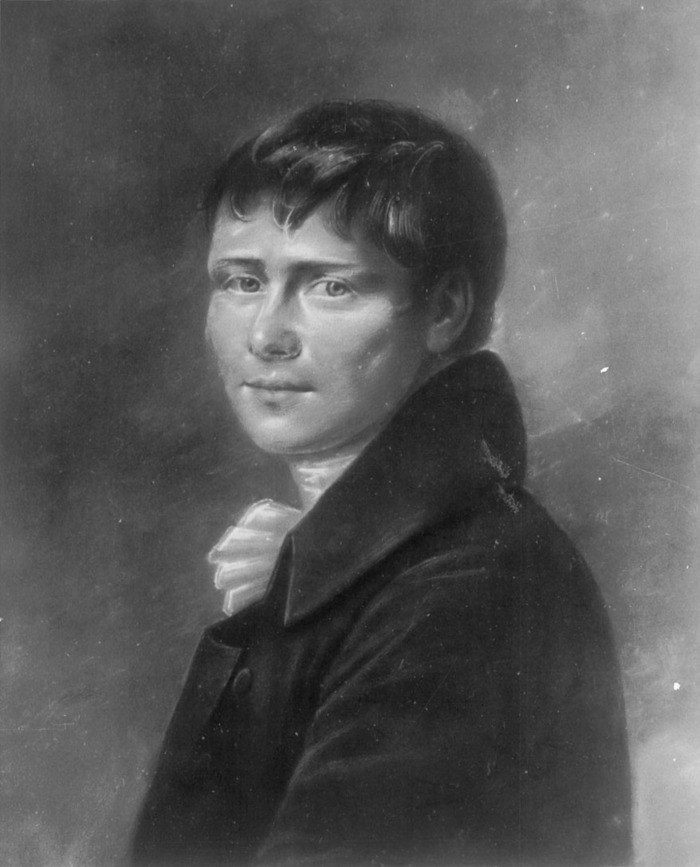
An army of Amazons sets out to conquer Greek heroes for the purpose of stocking their women's state with new female offspring. They blast into the midst of the Trojan War, confusing Greeks and Trojans alike and for a moment forcing those enemies into a terrified alliance. When Achilles, the pride and mainstay of the Greeks, and Penthesilea ( Pen-te-sil-lay-uh ), queen of the Amazons, meet, a chase begins, The like of which not even the wildest storms Set loose to thunder across the plain of heaven Have yet presented to the astonished world, and it is the queen who is hunting Achilles, to the uncomprehending horror of the Greeks. Thus begins a tragedy of love in a world governed by the rules of war, on which "the gods look down but from afar." For the first time, in this splendidly illustrated book, an English translation recreates the audaity, romance, and poetry of one of the strangest and most beautiful works of Western literature.
Author

The dramatist, writer, lyricist, and publicist Heinrich von Kleist was born in Frankfurt an der Oder in 1777. Upon his father's early death in 1788 when he was ten, he was sent to the house of the preacher S. Cartel and attended the French Gymnasium. In 1792, Kleist entered the guard regiment in Potsdam and took part in the Rhein campaign against France in 1796. Kleist voluntarily resigned from army service in 1799 and until 1800 studied philosophy, physics, mathematics, and political science at Viadrina University in Frankfurt an der Oder. He went to Berlin early in the year 1800 and penned his drama "Die Familie Ghonorez". Kleist, who tended to irrationalism and was often tormented by a longing for death, then lit out restlessly through Germany, France, and Switzerland. After several physical and nervous breakdowns, in which he even burned the manuscript of one of his dramas, Heinrich von Kleist reentered the Prussian army in 1804, working in Berlin and Königsberg. There he wrote "Amphitryon" and "Penthesilea." After being discharged in 1807, Kleist was apprehended on suspicion of being a spy. After this he went to Dresden, where he edited the art journal "Phoebus" with Adam Müller and completed the comedy "The Broken Pitcher" ("Der zerbrochene Krug") and the folk play "Katchen von Heilbronn" ("Das Käthchen von Heilbronn"). Back in Berlin, the one time Rousseau devotee had become a bitter opponent of Napoleon. In 1811, he finished "Prinz Friedrich von Homburg." Finding himself again in financial and personal difficulties, Heinrich von Kleist, together with his lover, the terminally ill Henriette Vogel, committed suicide near the Wannsee in Berlin in 1811. [From http://www.heinrich-von-kleist.com/]